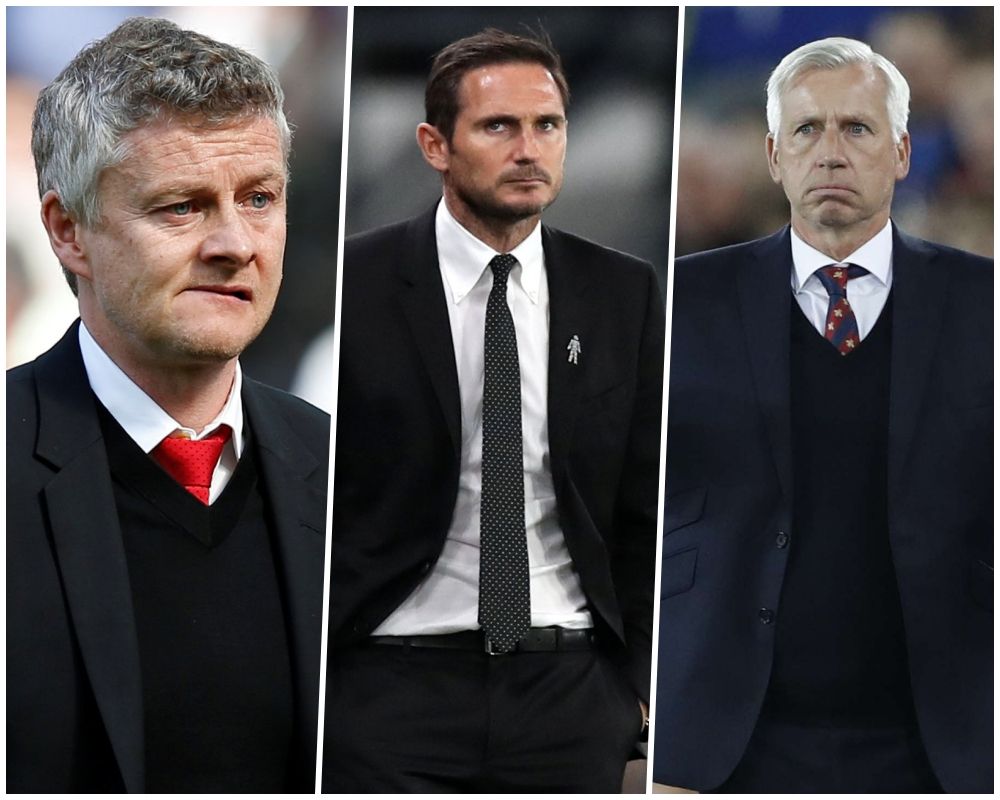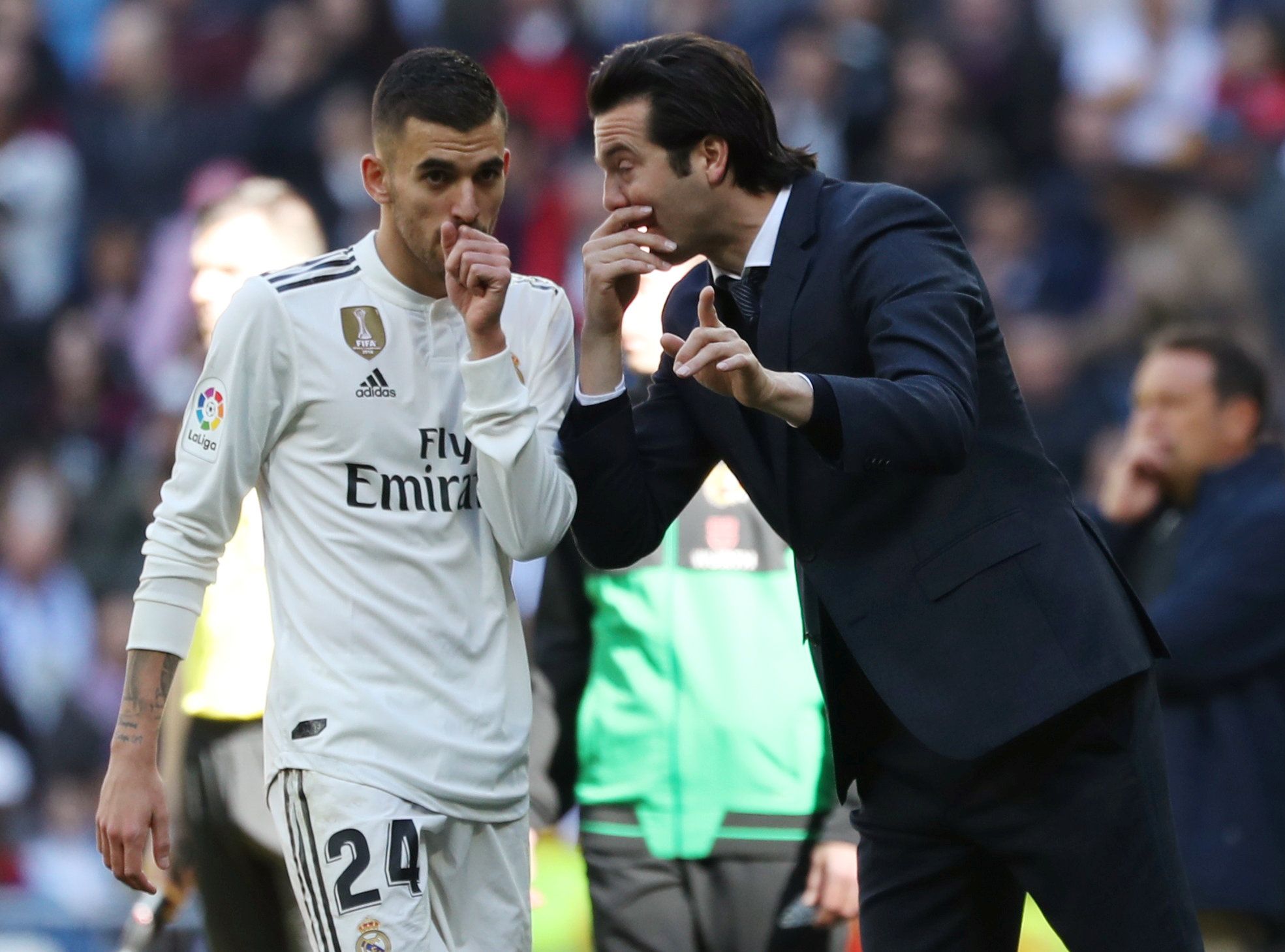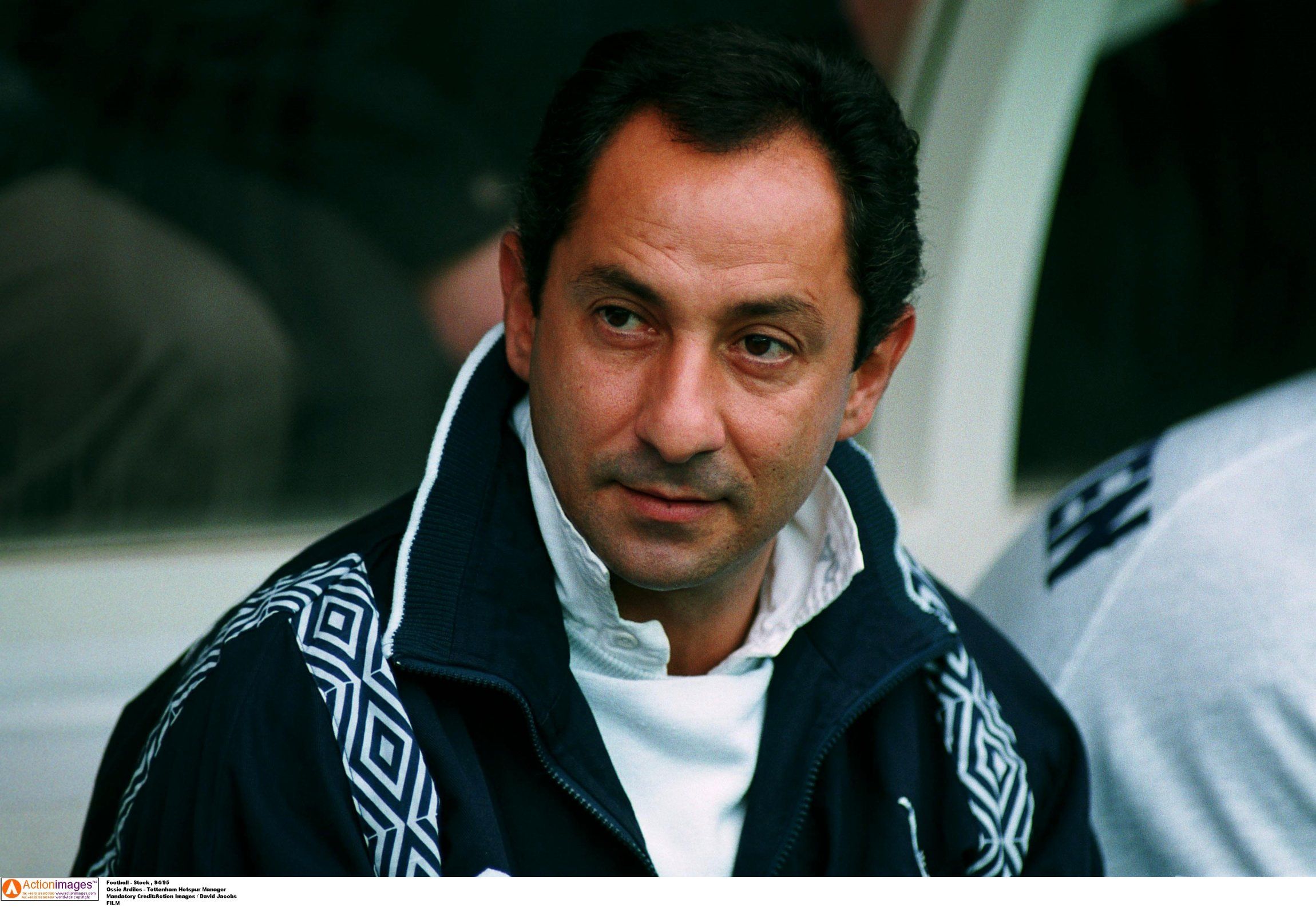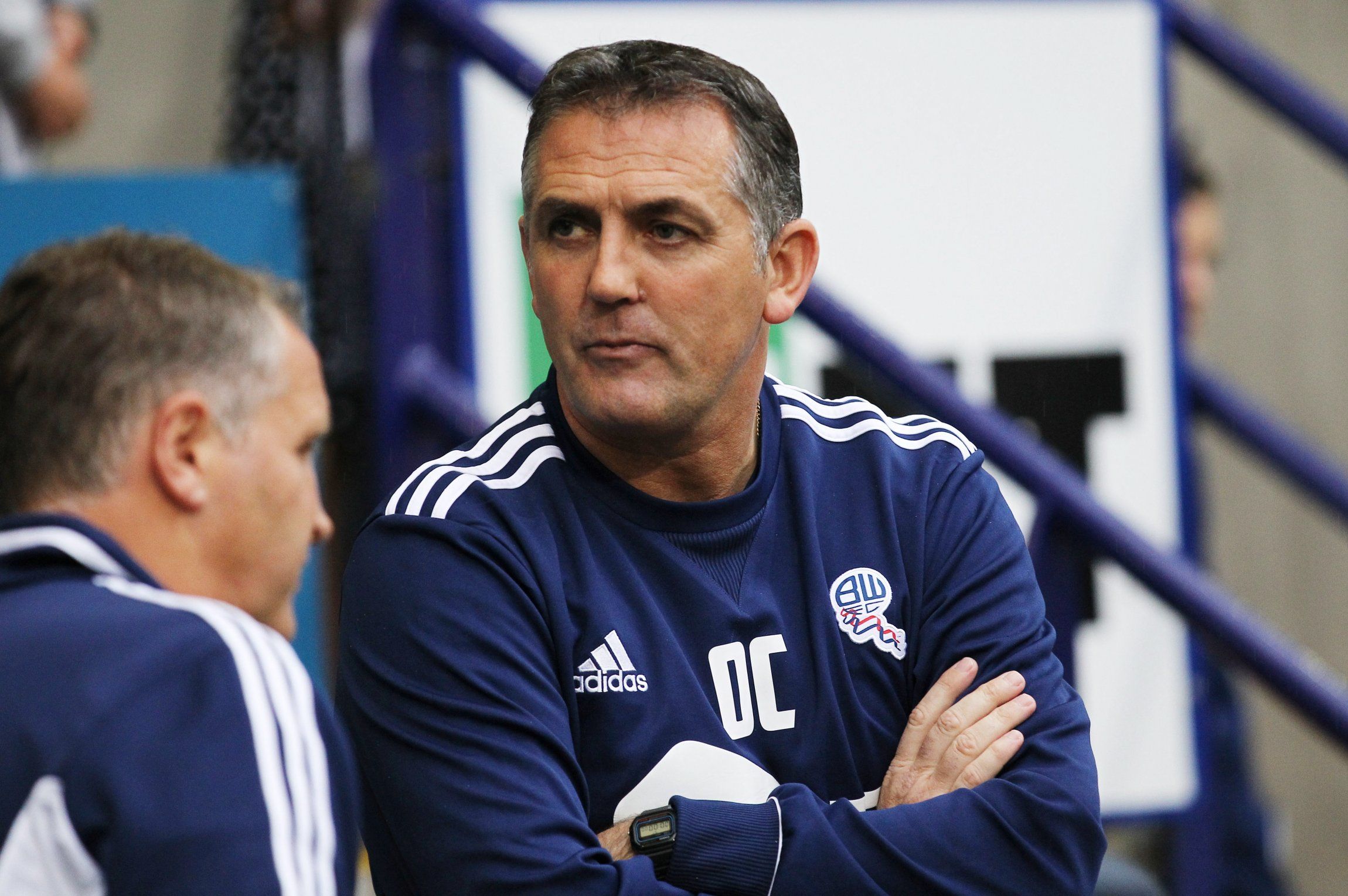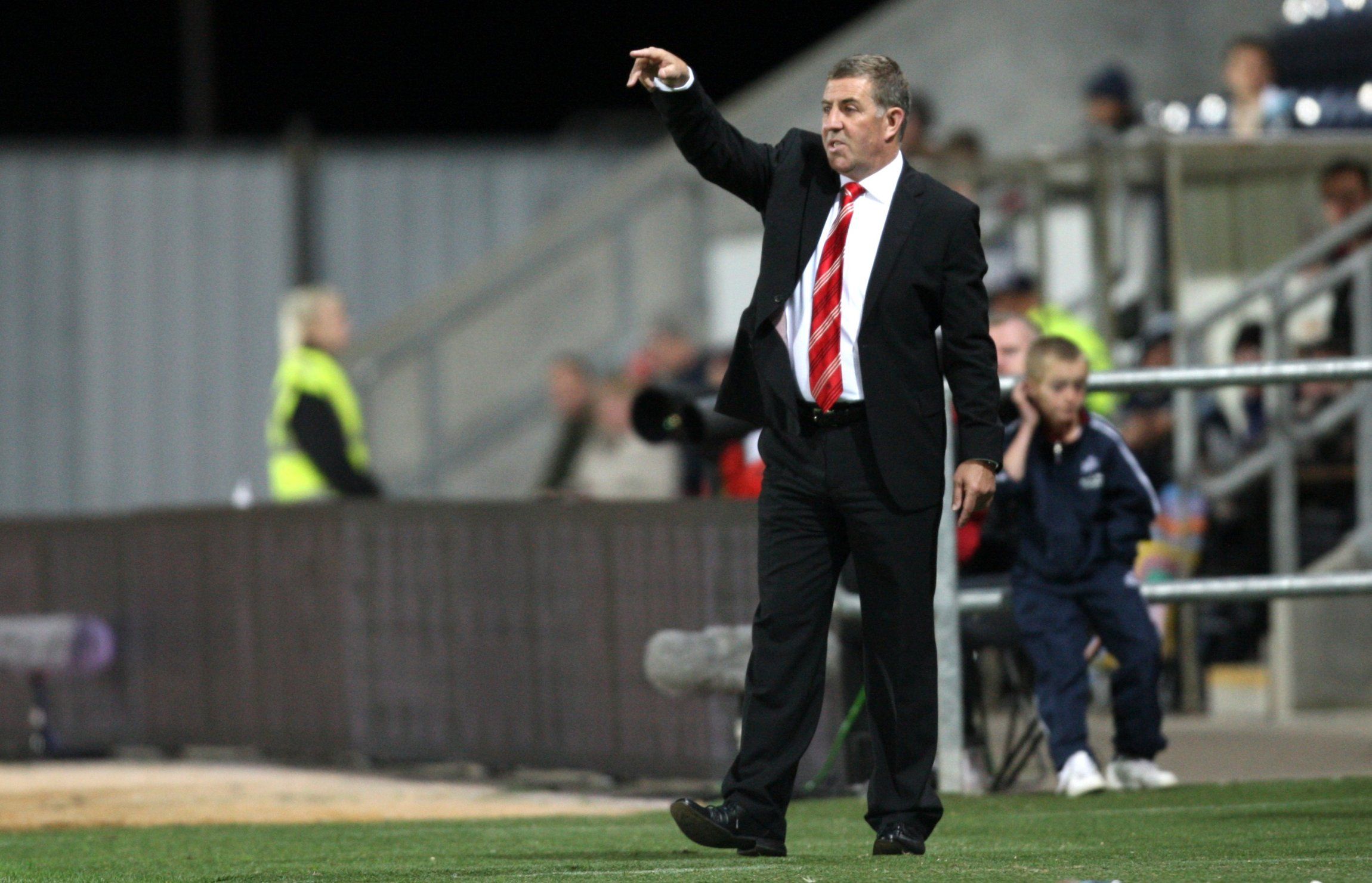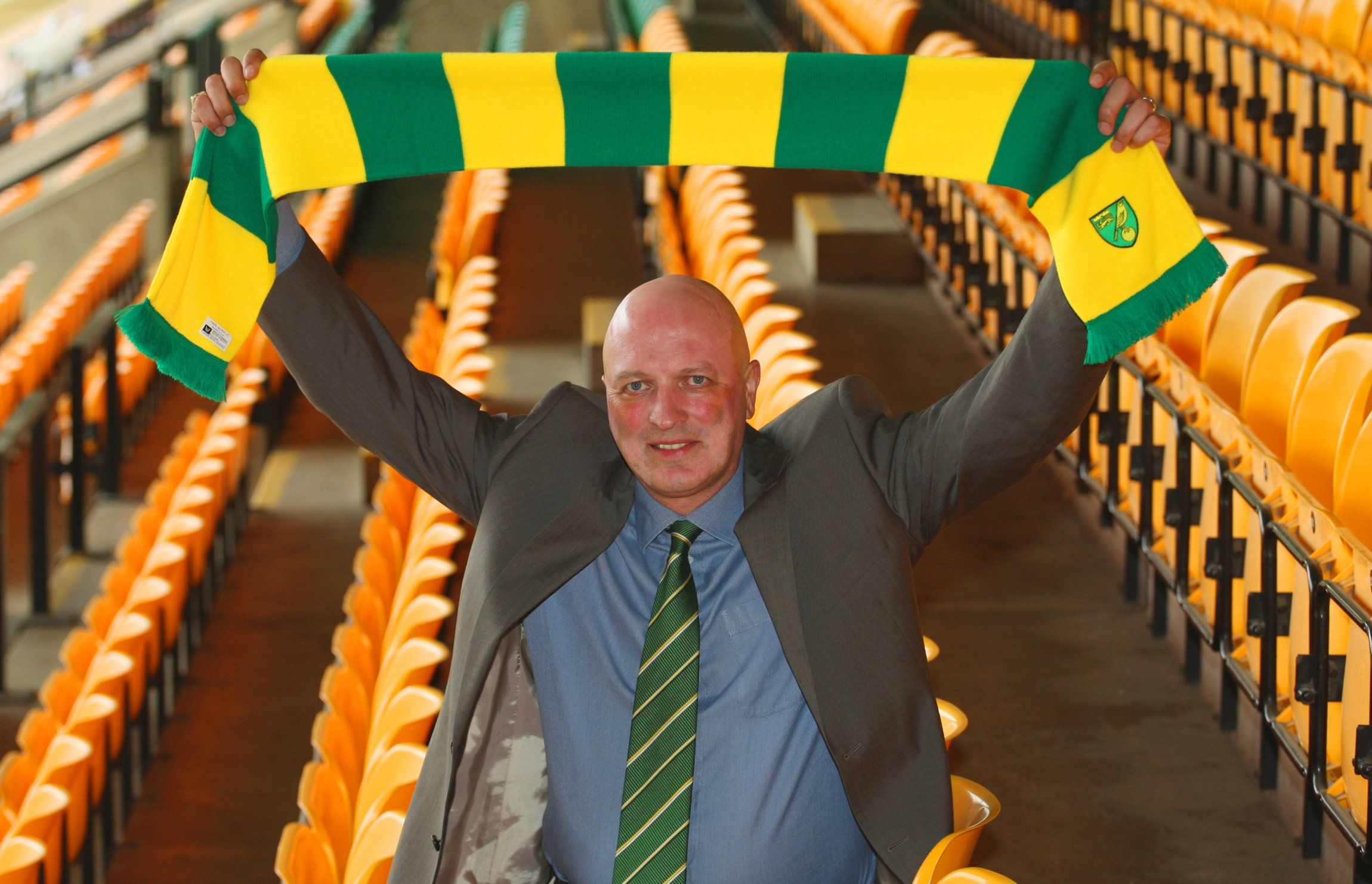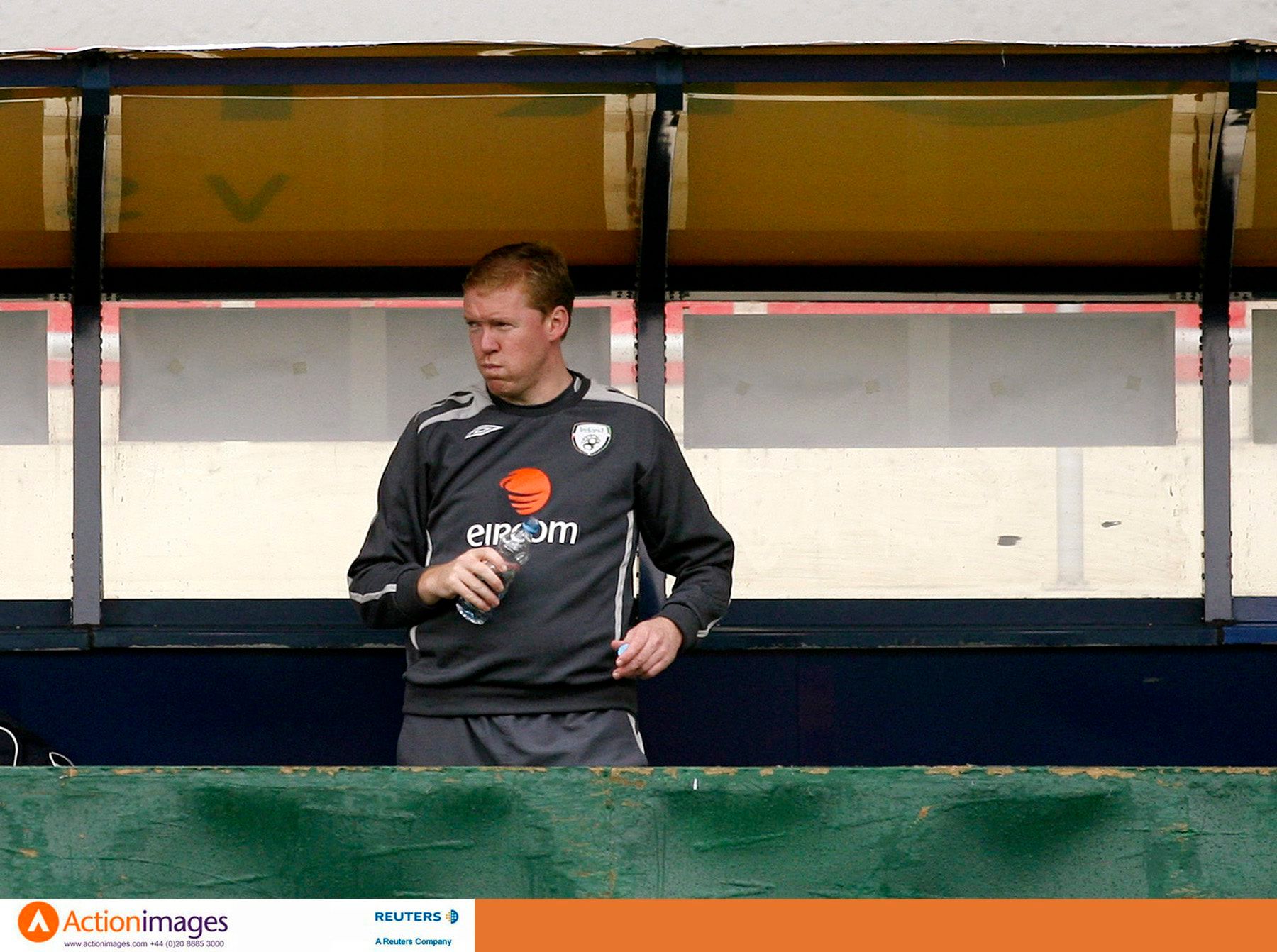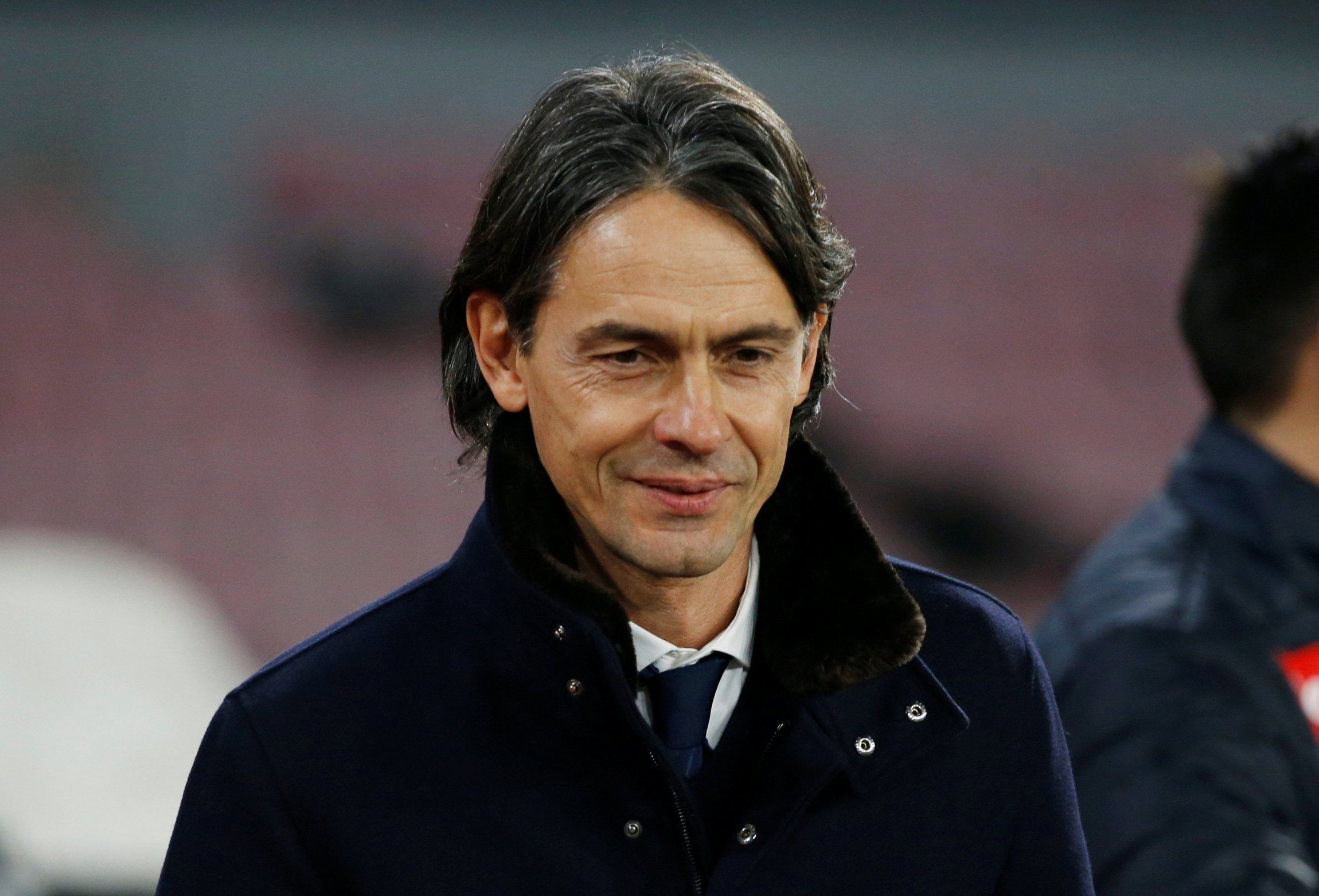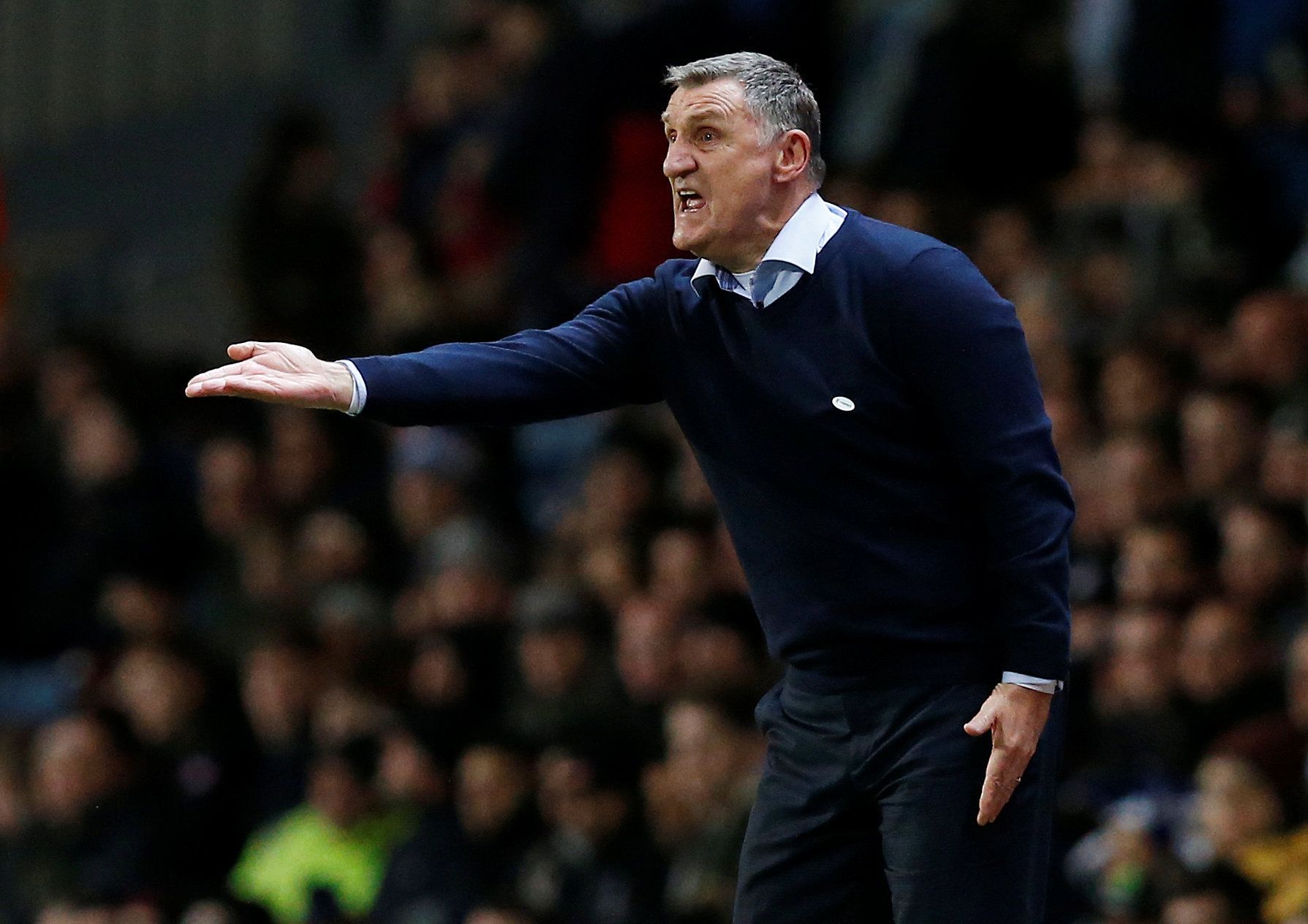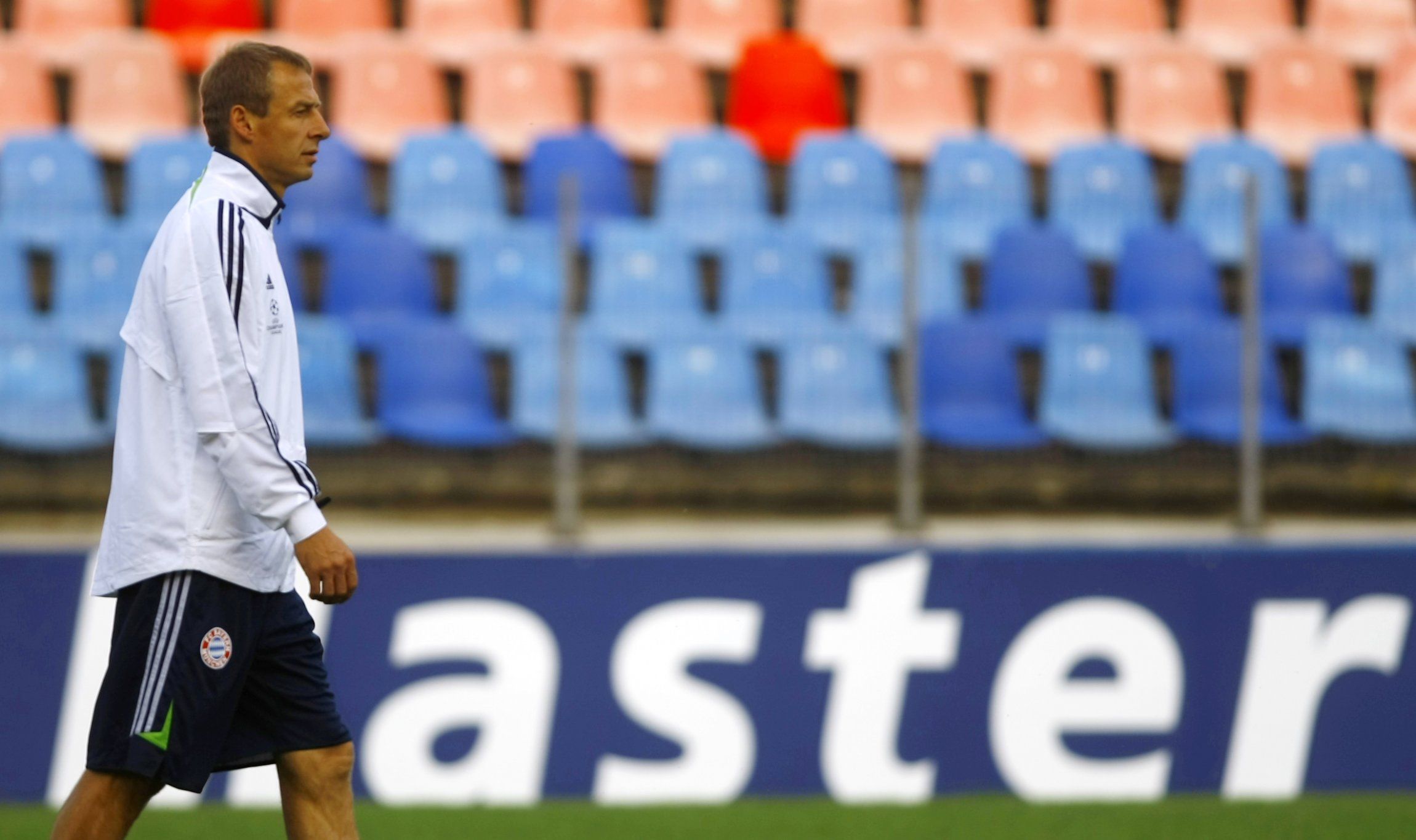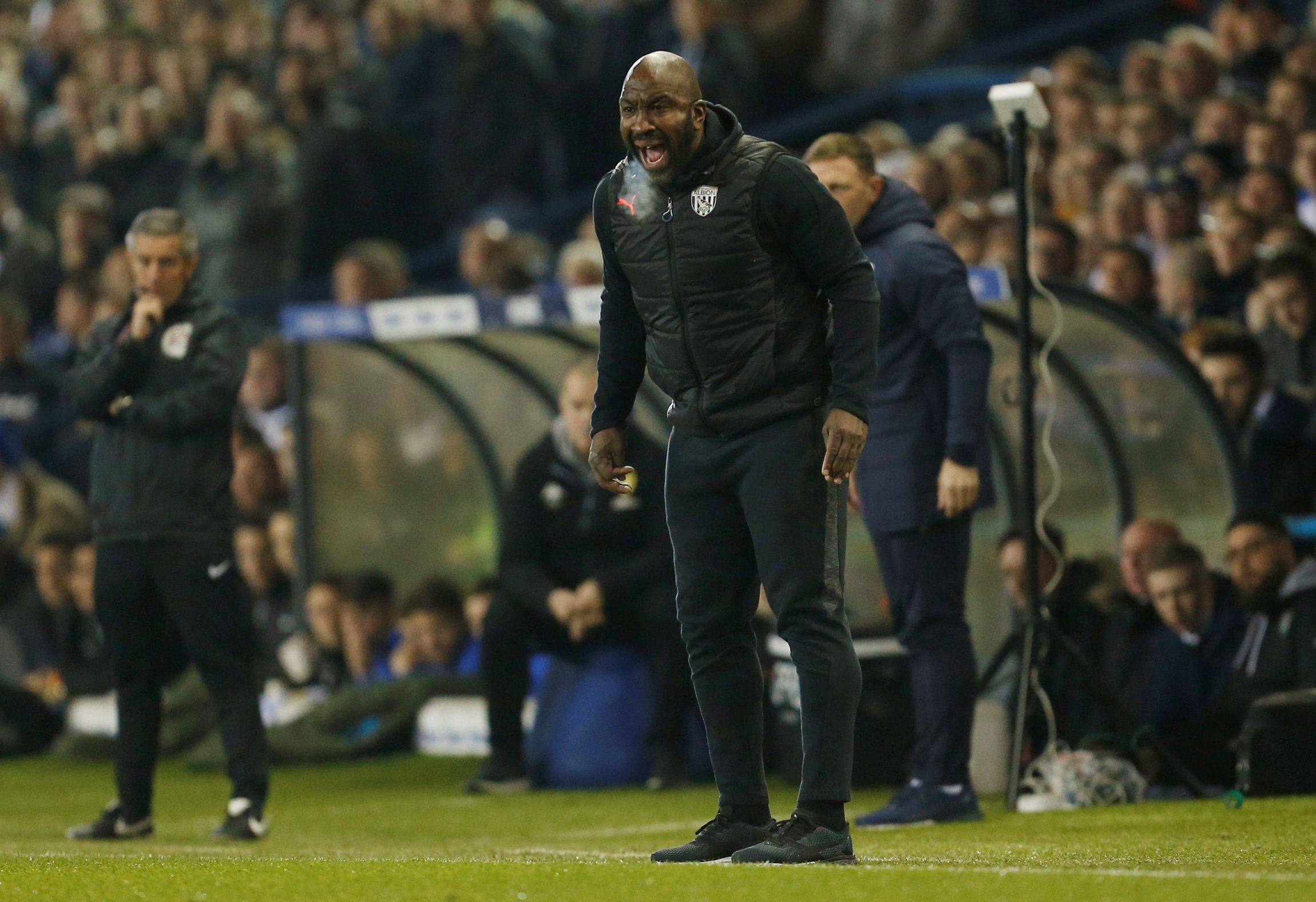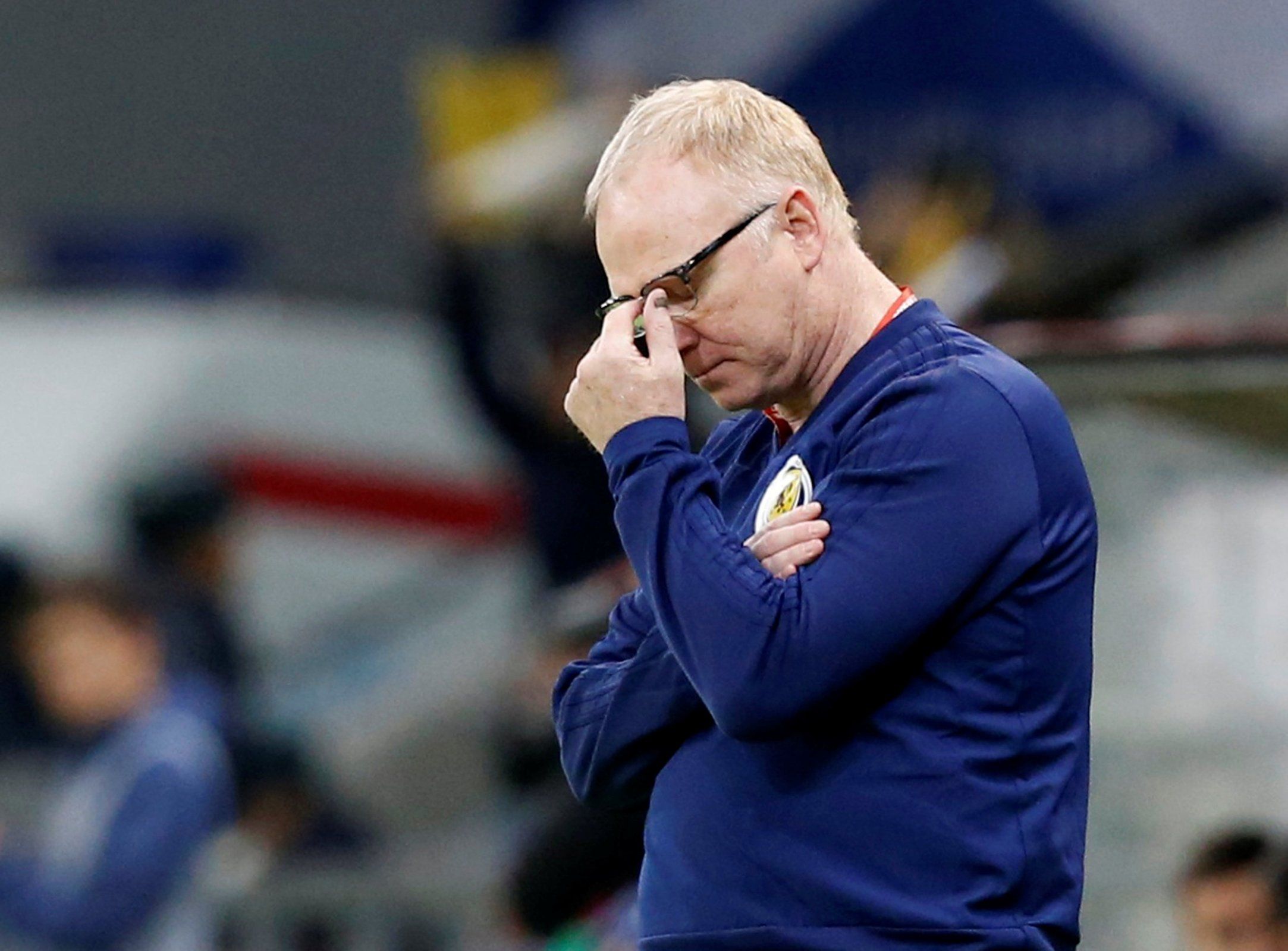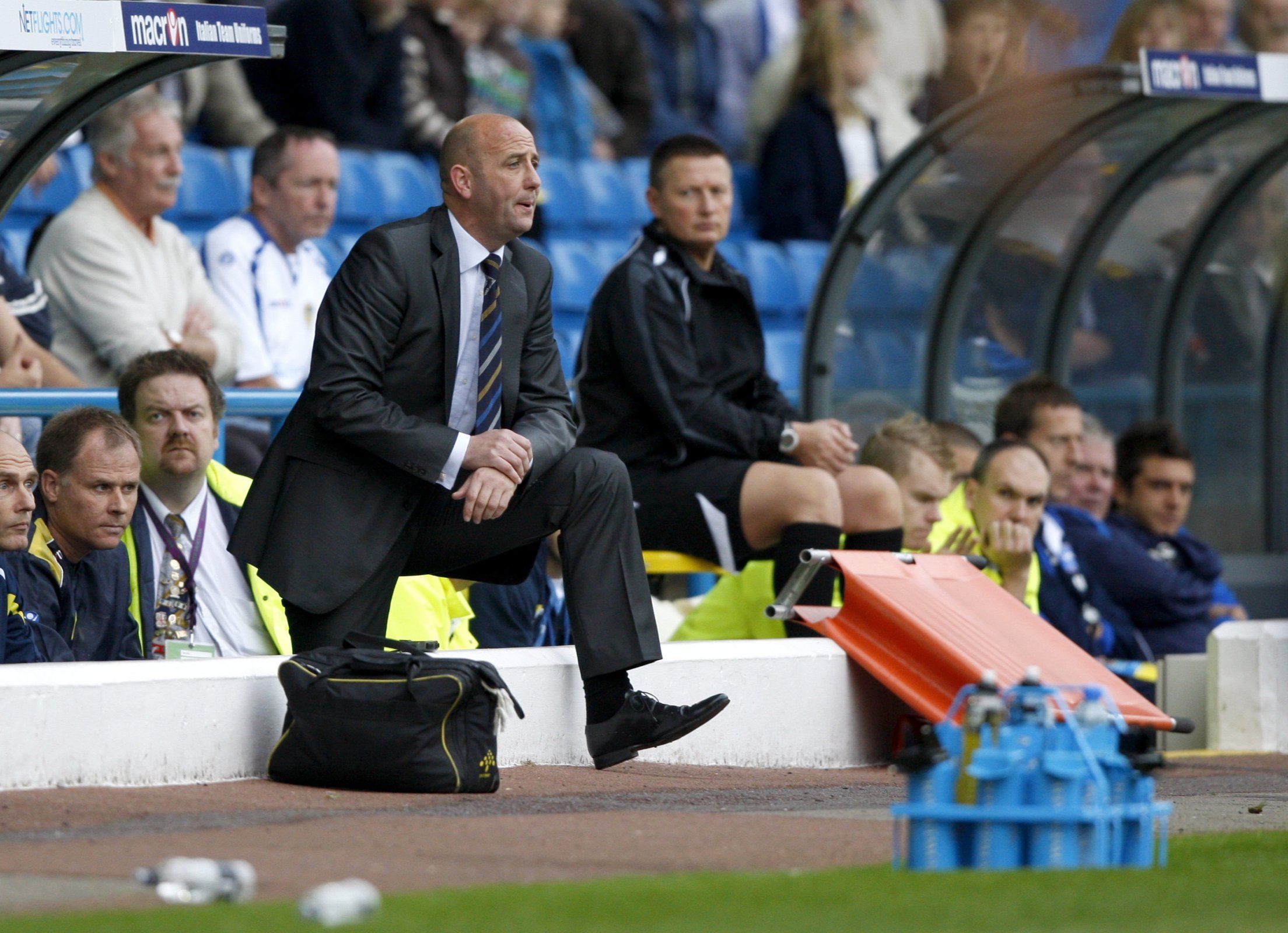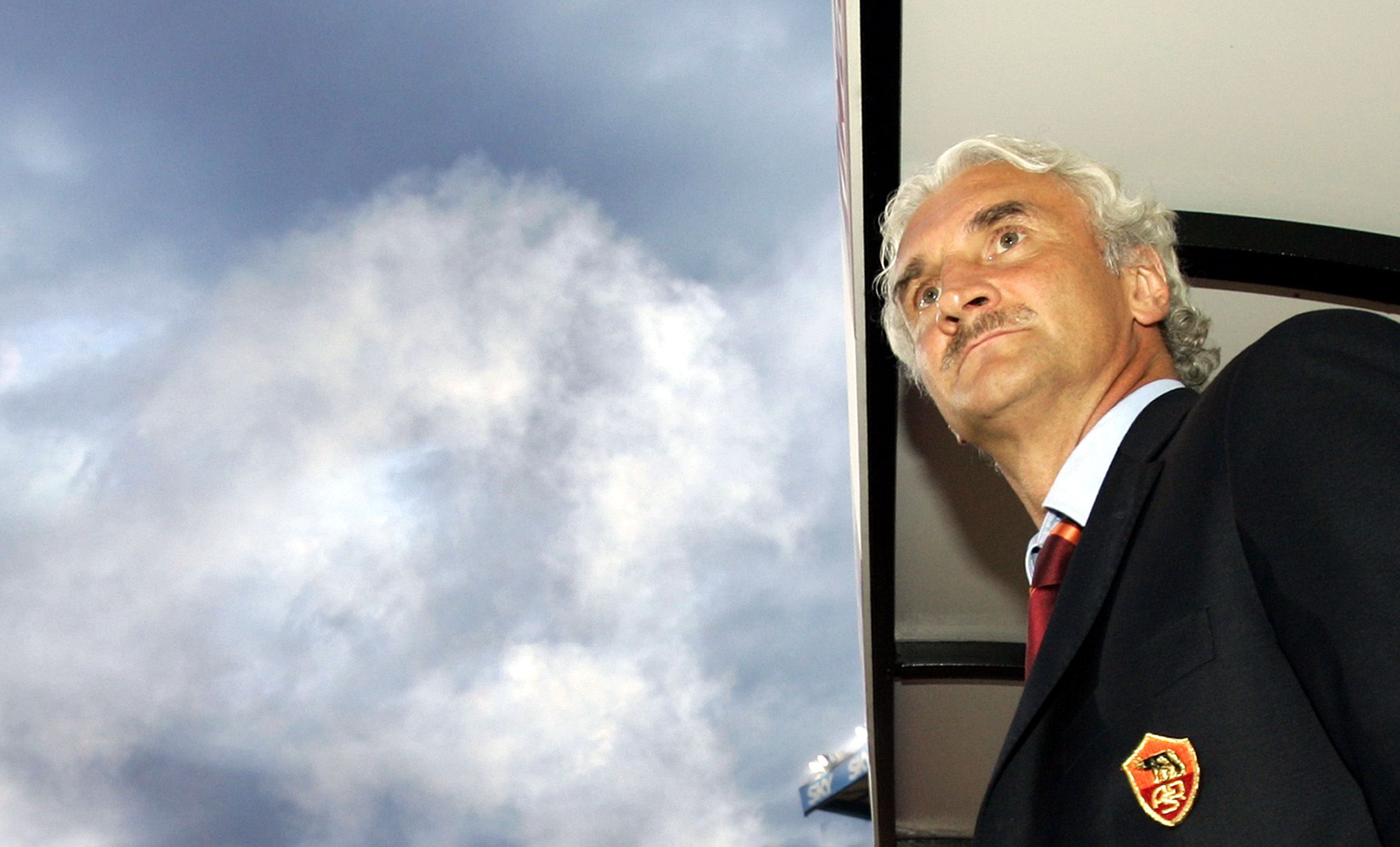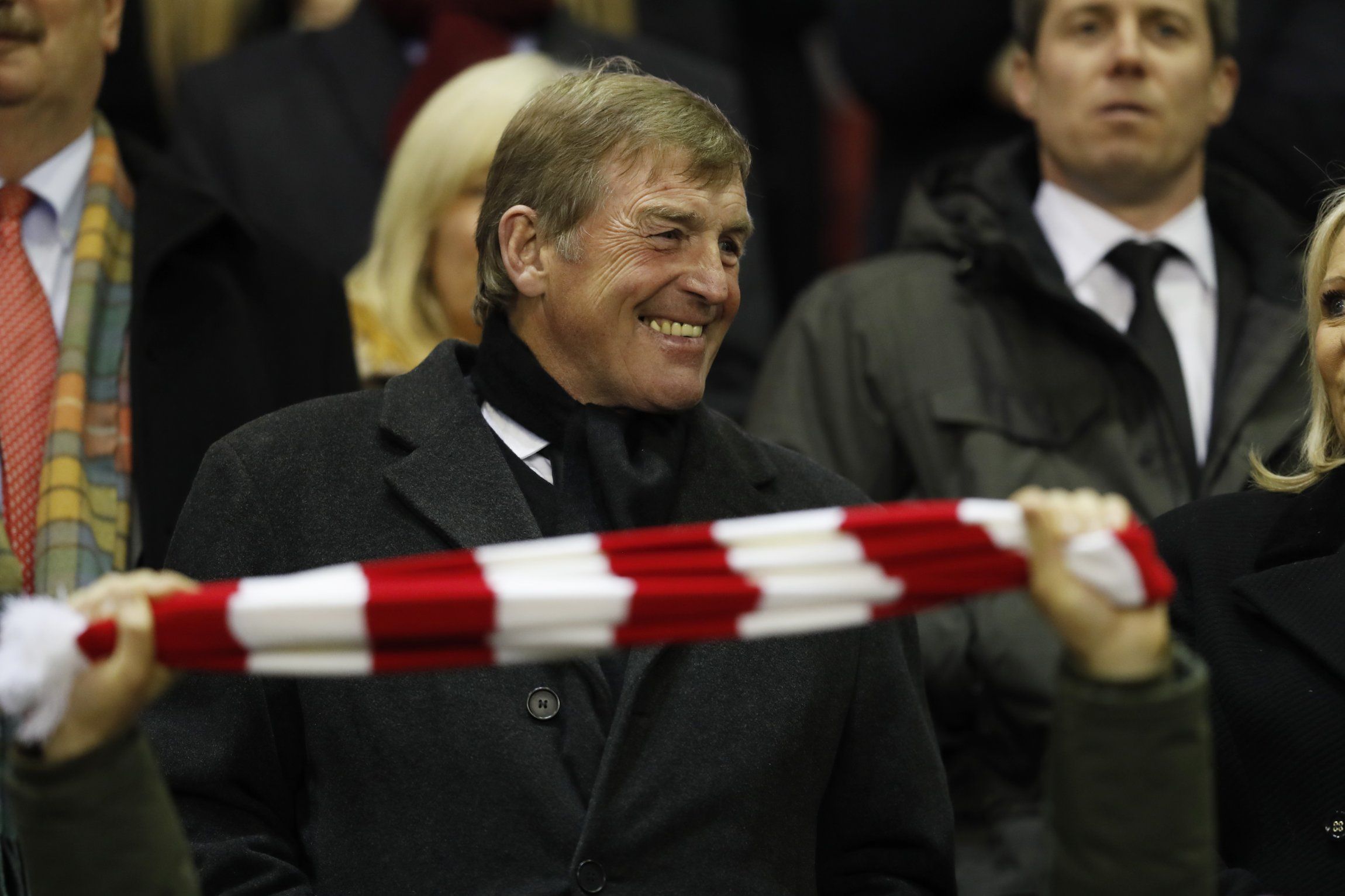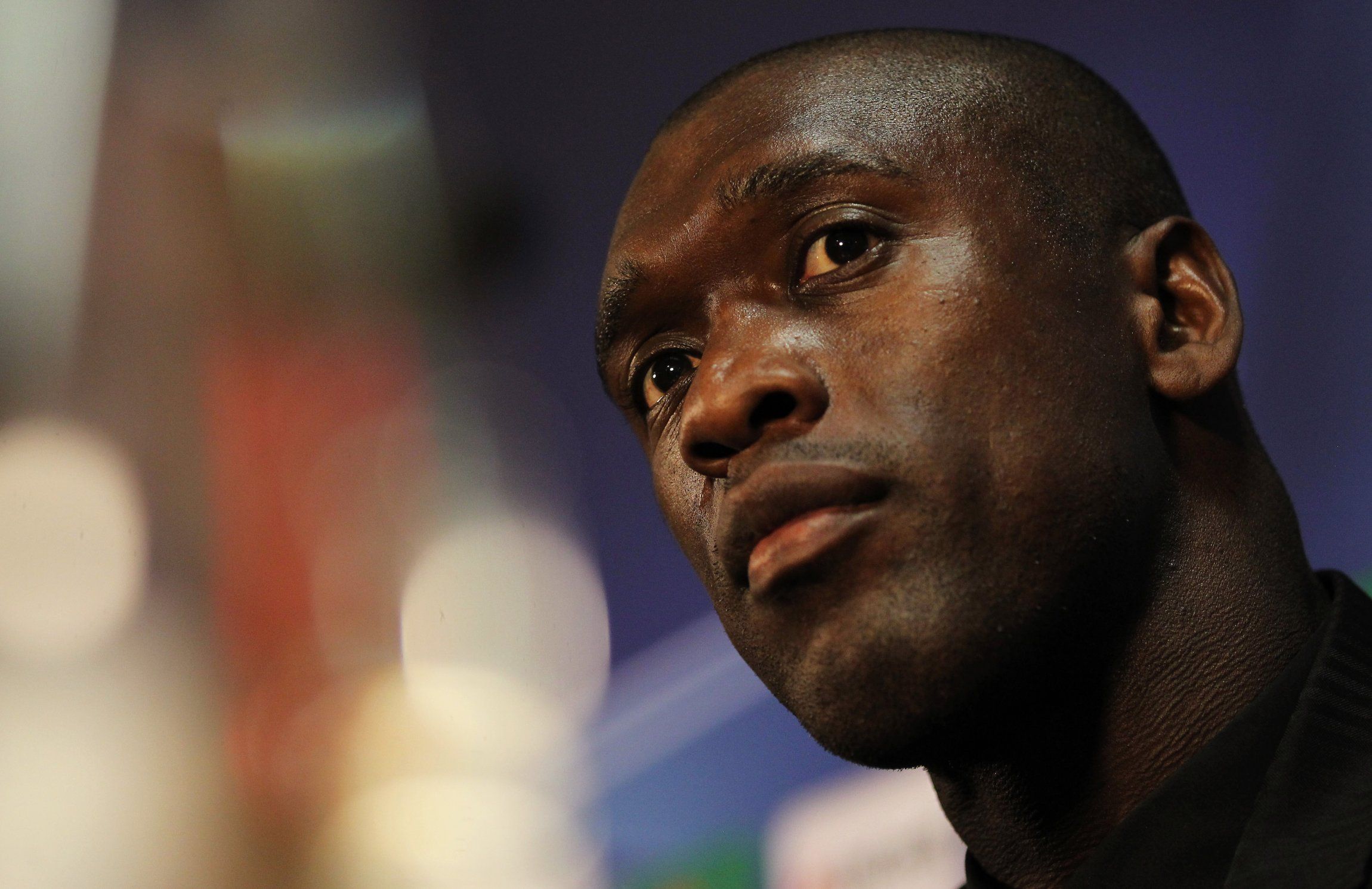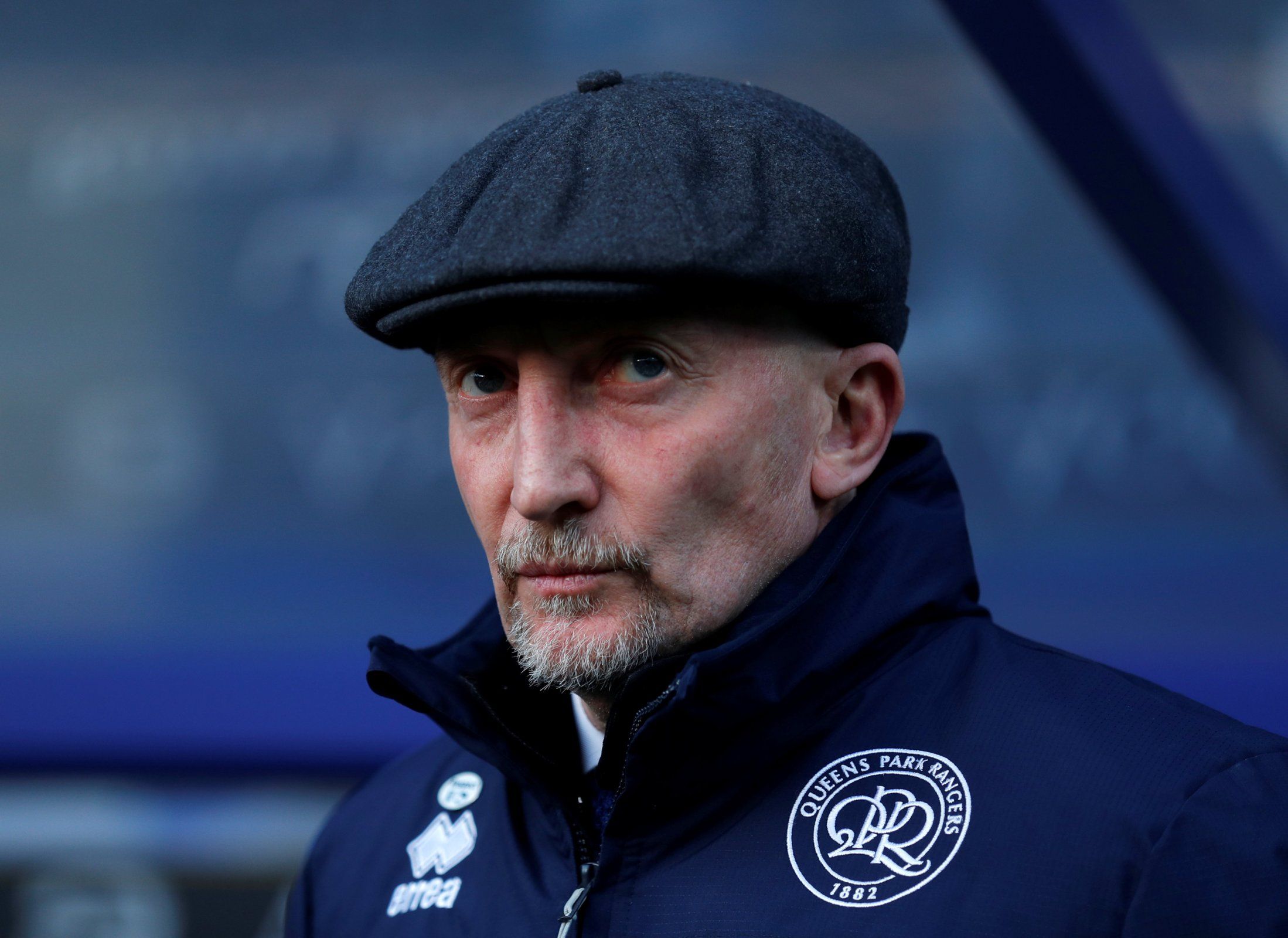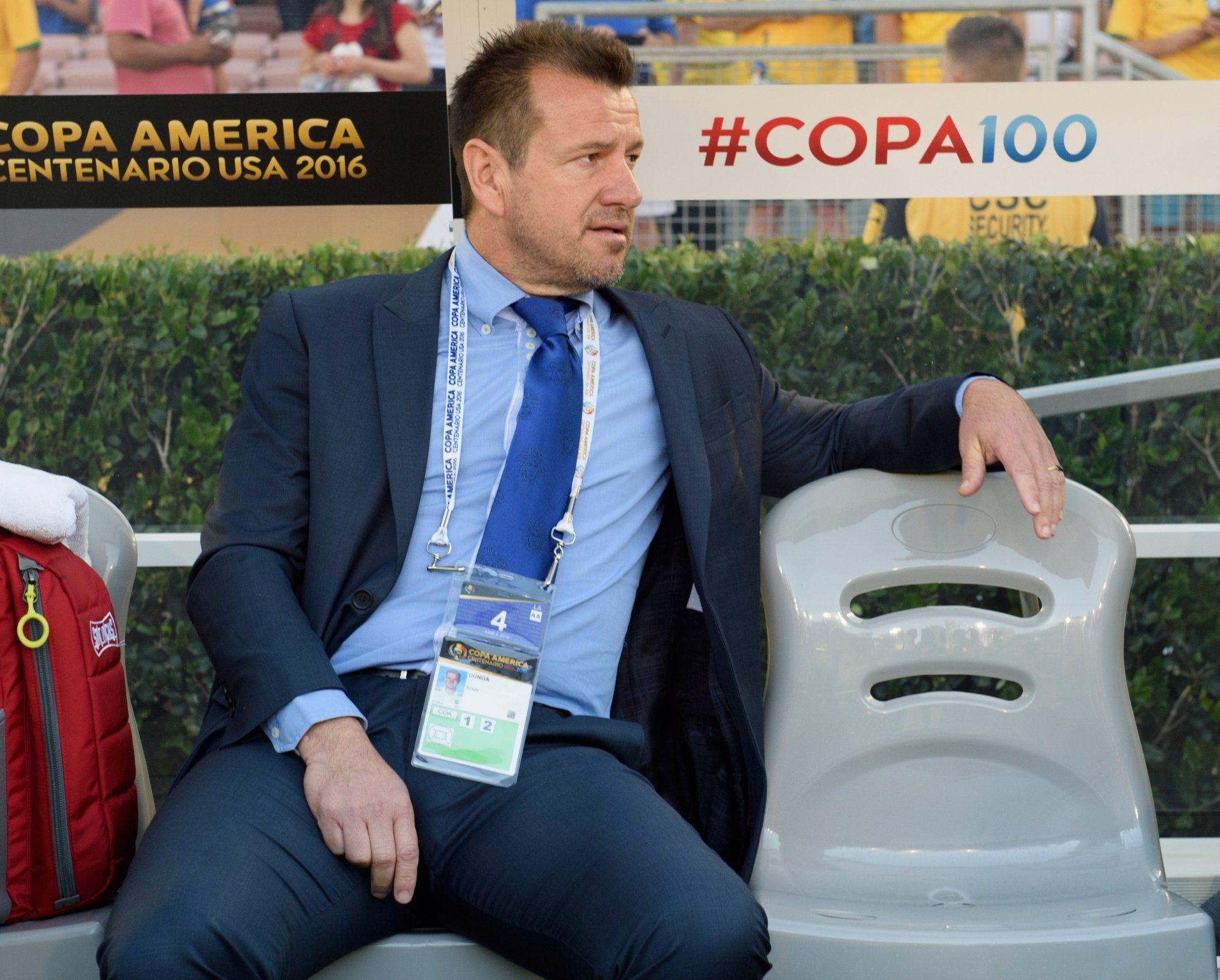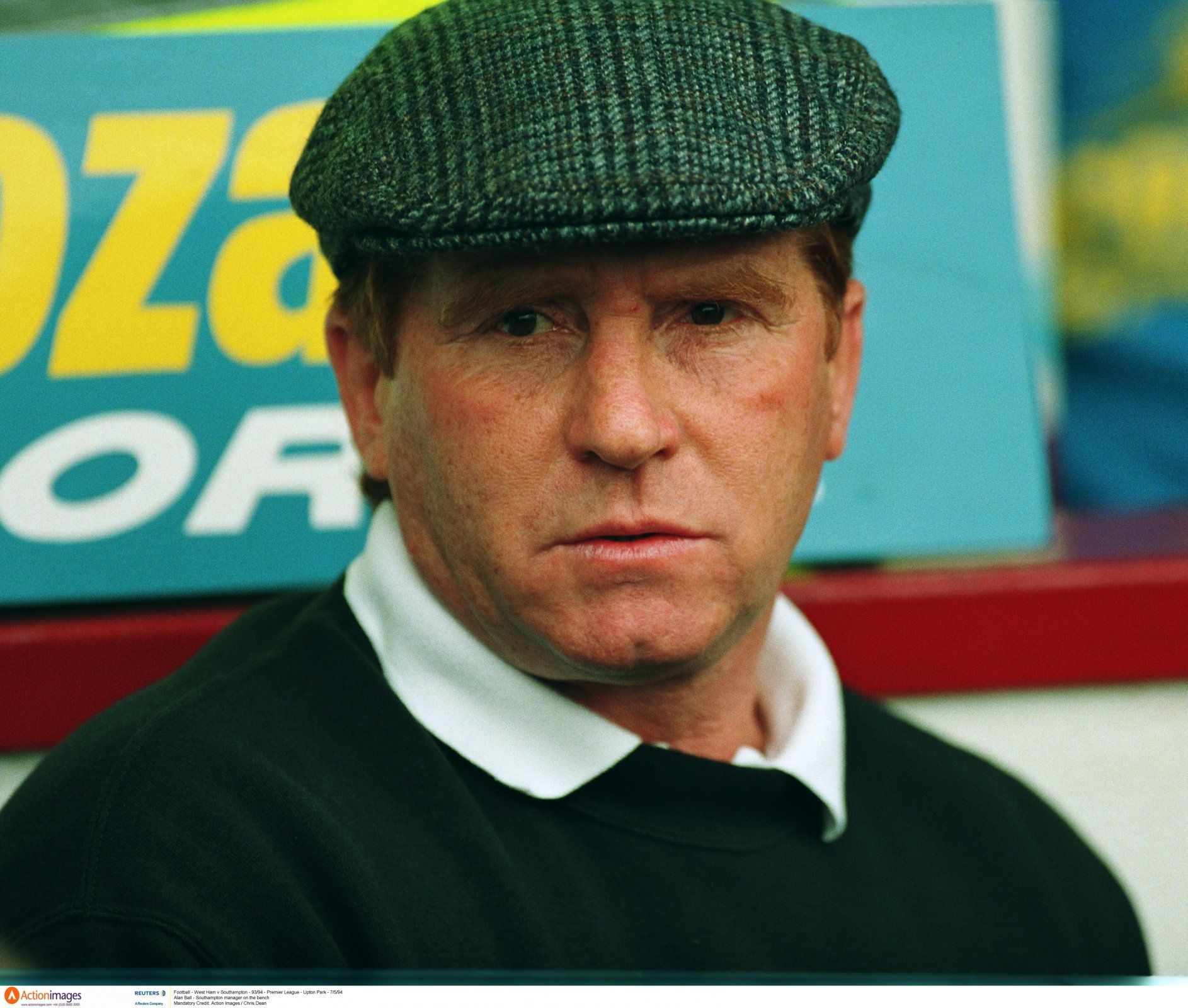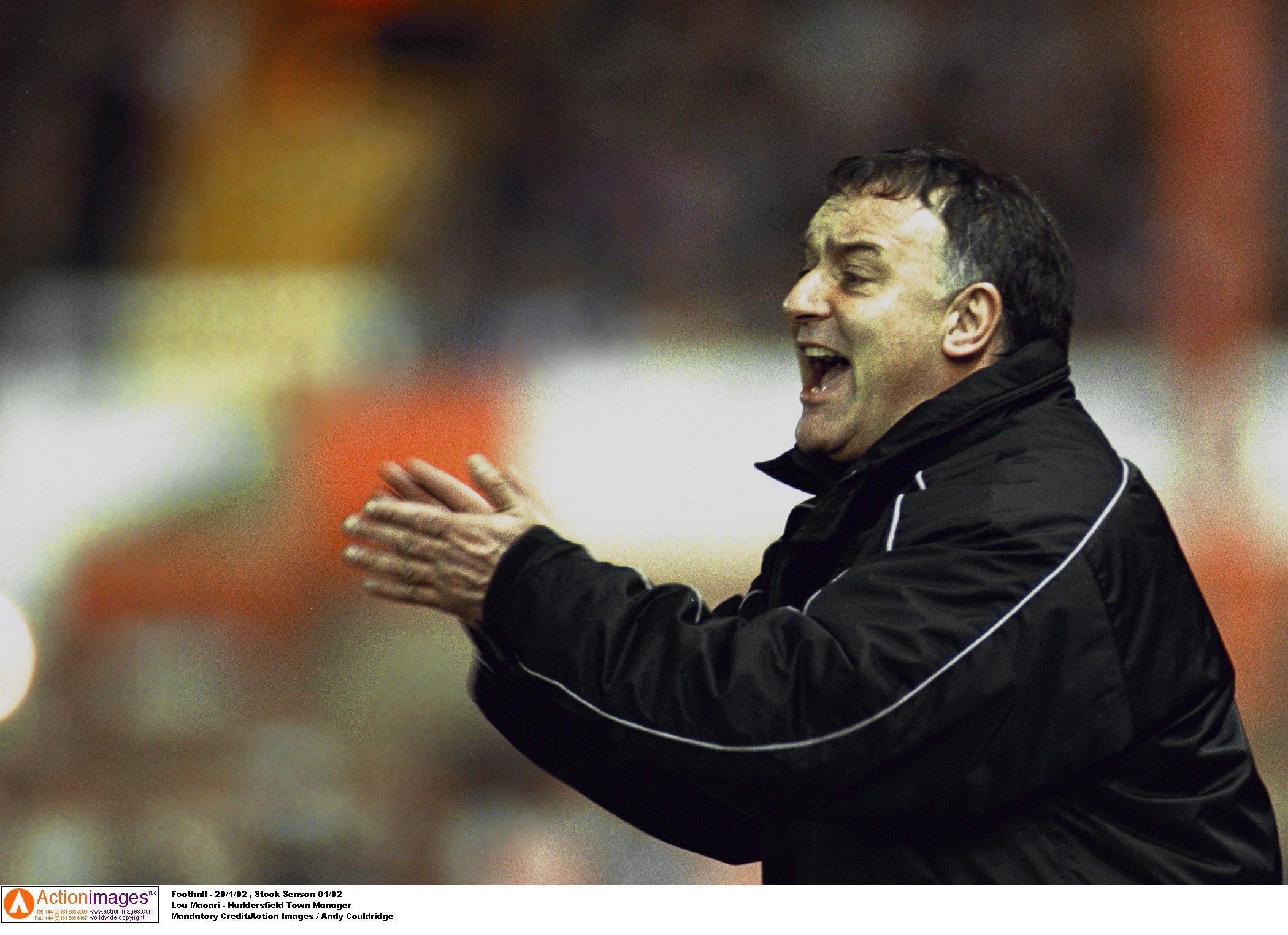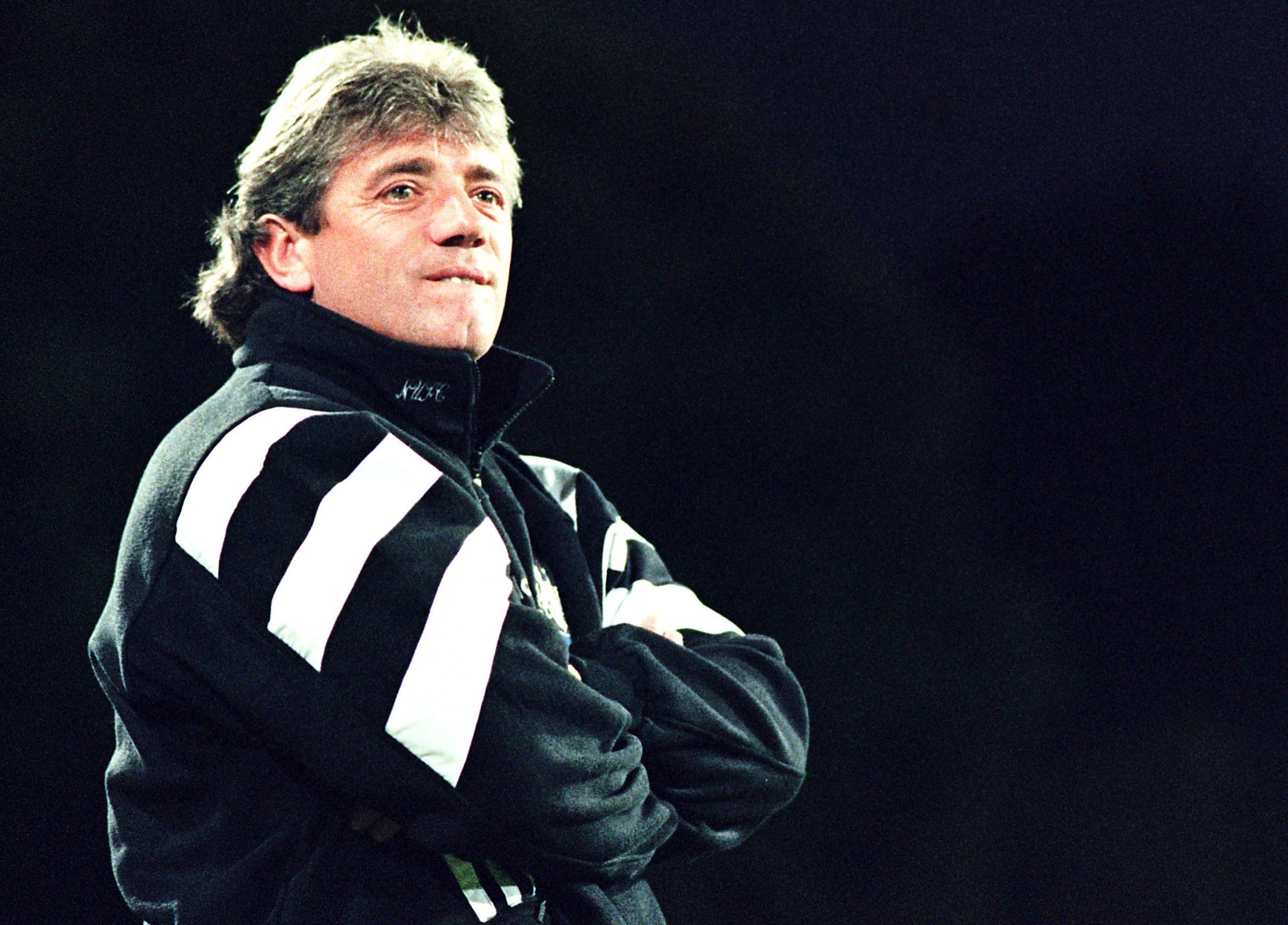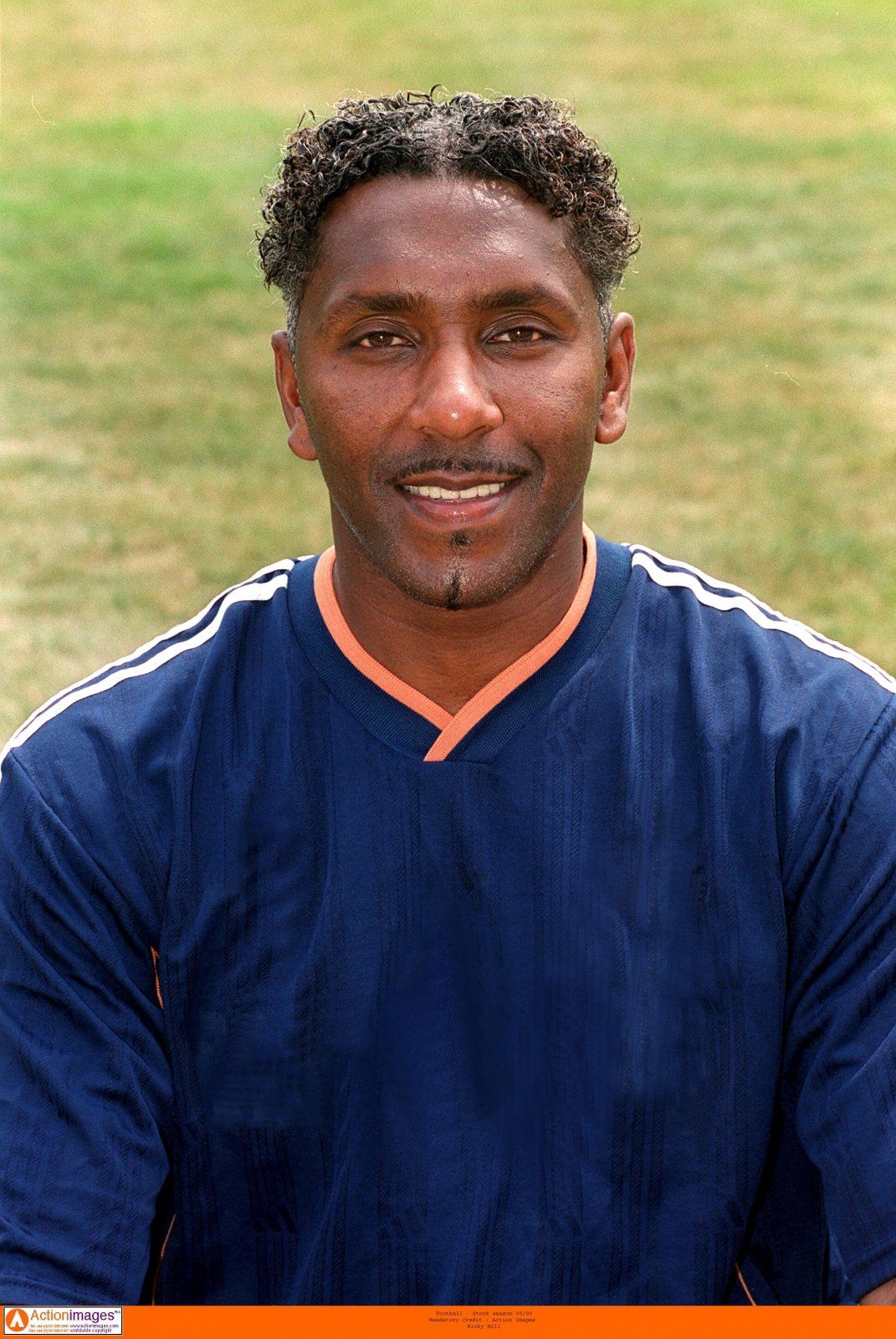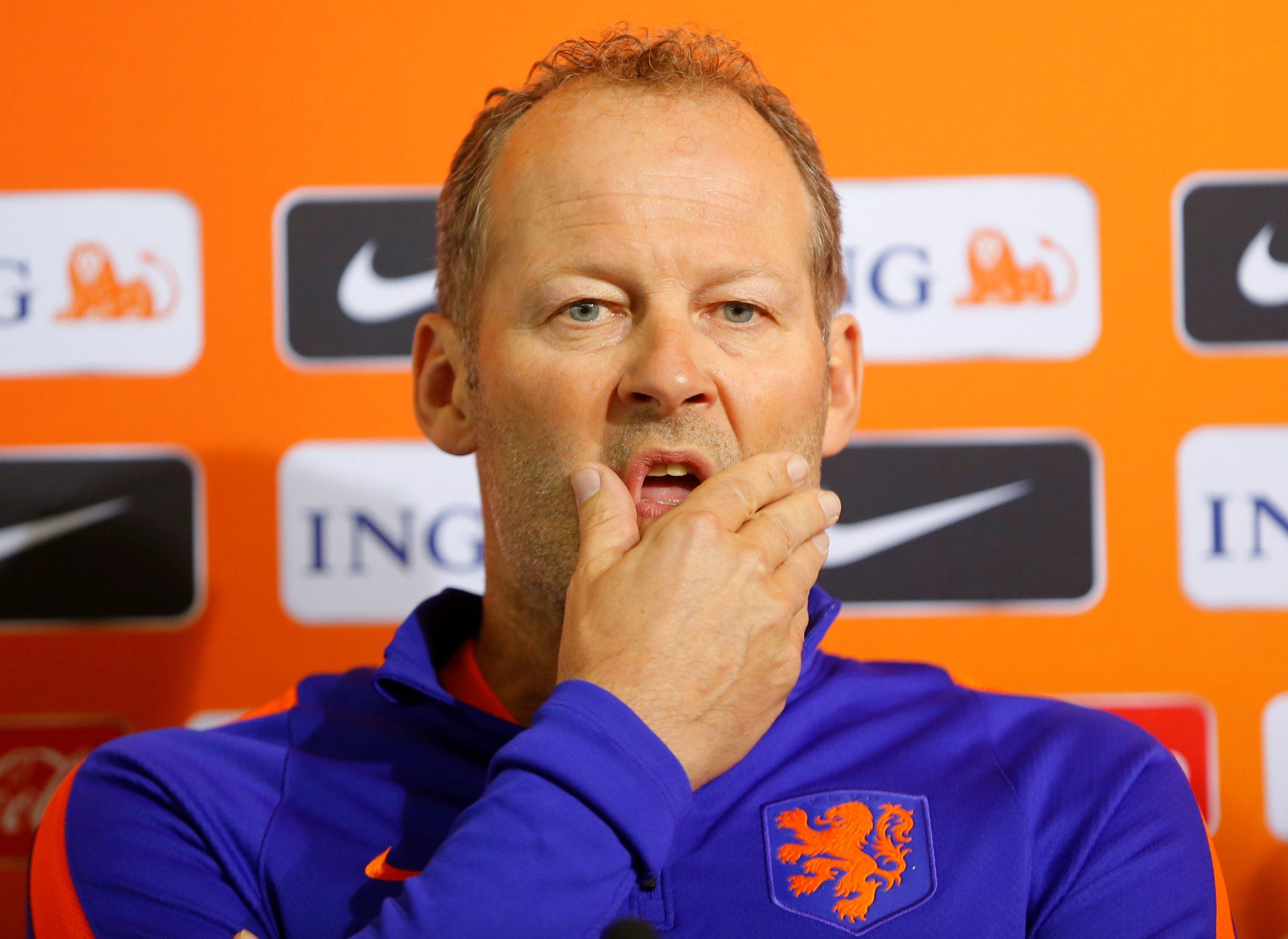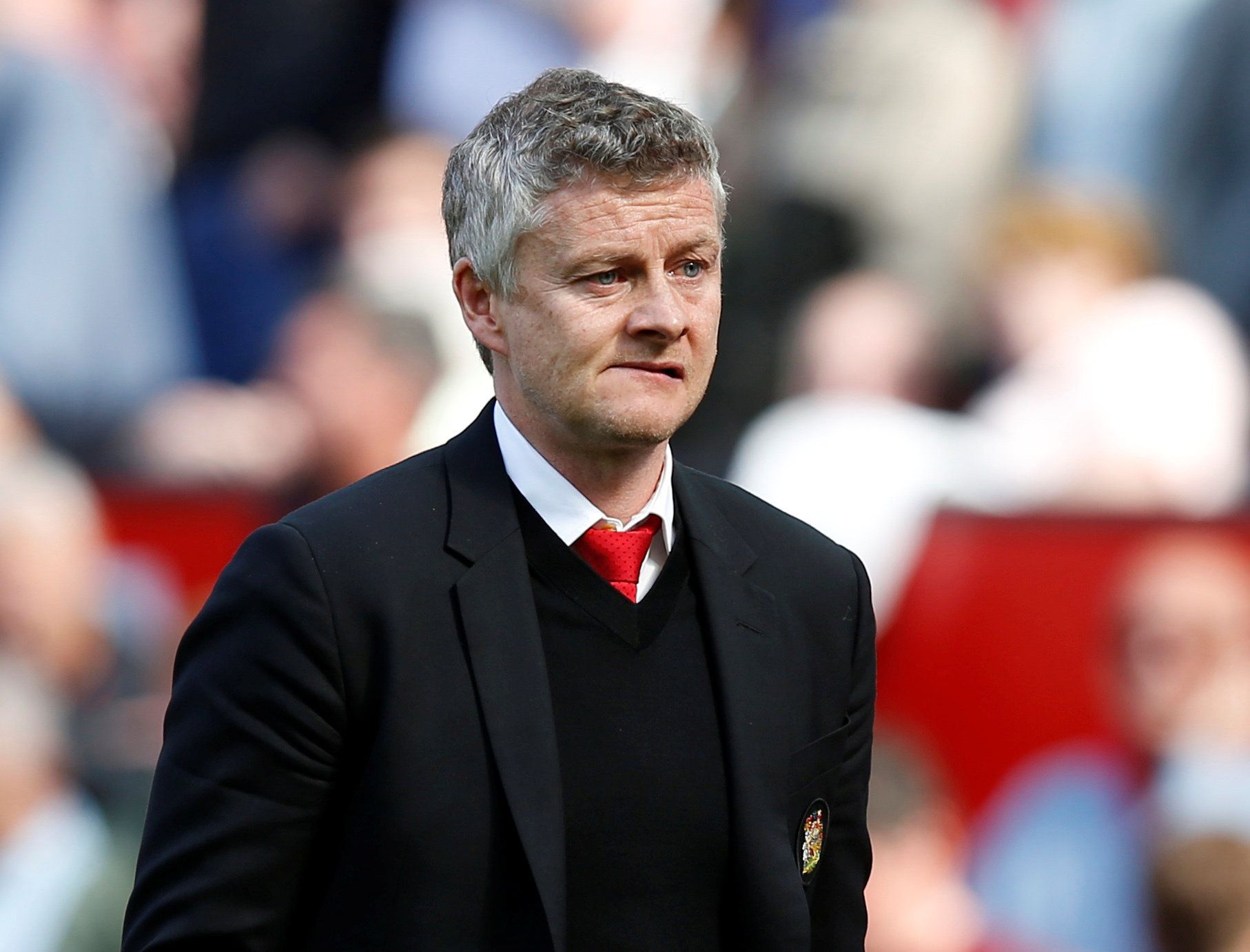With Derby giving permission to Chelsea to speak to Frank Lampard over the managerial vacancy at Stamford Bridge, it now seems only a matter of time before the ex-England midfielder is appointed.
As Chelsea’s all-time leading scorer and a central player in the most successful era in the club’s history, Lampard’s legendary status in west London is assured – for now. By going back to Stamford Bridge and taking on a thankless managerial position (provided he gets the job), he is putting his Chelsea reputation on the line. If he flops as Blues boss, his achievements a player could be tainted.
Lampard can be forewarned by plenty of other examples of iconic players who returned to their club or national teams as manager and failed dismally, thus shattering their reputation in the eyes of supporters.
Here are some of the men whose managerial exploits at certain teams fell way short of their status as players:
Graeme Souness (Liverpool)
In seven seasons at Anfield, the Scot won five league titles, four League Cups and three European Cups. He was Liverpool’s captain for their 1984 European Cup triumph in Rome, capping a season in which they won three major trophies. He scored 56 goals in 358 games for the Reds during a hugely decorated spell.
He succeeded Kenny Dalglish as Liverpool manager in 1991 upon his fellow Scot’s sudden resignation and found him an impossible act to follow. Many at Anfield never forgave him for giving an interview to The Sun and the Reds finished a lowly sixth and exited the FA Cup at home to Bristol City on his watch.
Santiago Solari (Real Madrid)
The Argentine midfielder controversially moved to Real Madrid from city rivals Atletico in 2000 and went on to enjoy much success at the Bernabeu, winning two league titles and a Champions League in a star-studded team. He was a regular in a midfield that also contained the likes of Luis Figo, Zinedine Zidane and latterly David Beckham.
Solari was promoted from reserve team boss to the head coach position at Real Madrid last October after Julen Lopetegui’s brief tenure came to an end. However, a disastrous week in which they were defeated in El Clasico and exited the Champions League and Copa Del Rey resulted in his dismissal after less than five months in charge.
Ossie Ardiles (Tottenham)
Tottenham pulled off a massive coup in 1978 by signing the midfielder, who had just won the World Cup with Argentina. He spent a decade at White Hart Lane, winning the FA Cup in 1981 and the UEFA Cup three years later, scoring 16 goals in 221 games for Spurs.
Ardiles returned as the club’s manager in 1993, quitting his job with West Brom to take the reins in north London, but Tottenham finished a lowly 15thin the Premier League under him and he was sacked in October 1994 after a slow start to the season. He would infamously play with five forwards and no designated midfielders during his time in charge of Spurs.
Owen Coyle (Bolton)
The Scotland-born Republic of Ireland international joined Bolton from Airdrieonians in 1993 and spent two years at Burnden Park as a player. He played in a League Cup final for the Trotters in 1995 and helped them to promotion to the Premier League that year, briefly playing in the top flight before returning to Scotland.
Coyle was hired as Bolton manager in 2010, leaving Burnley in acrimonious circumstances. Despite clever signings such as Ivan Klasnic and Martin Petrov, they were relegated from the Premier League in 2012 and a slow start in the Championship led to calls for his head. He was sacked two months into the 2012/13 season.
Mark McGhee (Aberdeen)
The forward was Alex Ferguson’s first signing at Aberdeen in 1979 and he was a central figure in the club’s most successful era. In five years at Pittodrie, he won two league titles, three Scottish Cups and the 1983 Cup Winners’ Cup, when they famously beat Real Madrid in the final.
McGhee was back at a very different Aberdeen in 2009. His tenure began with an 8-1 aggregate thrashing by Sigma Olomouc in the Europa League and included the club’s all-time record defeat, 9-0 to Celtic in November 2010. He was sacked a month later and claimed to be spat at by supporters after a defeat to Raith Rovers earlier that year.
Bryan Gunn (Norwich)
The goalkeeper became one of Norwich’s greatest players, featuring 390 times in 12 years at Carrow Road. He was in nets for the Canaries’ shock third-placed finish in the inaugural Premier League season in 1993 and the following campaign’s legendary UEFA Cup win over Bayern Munich.
Gunn later took charge of Norwich in 2009 when they were struggling in the Championship and was unable to save them from relegation. He criticised his players in public and signed a goalkeeper whose debut was a 1-7 home defeat to Colchester in League One, during which two fans threw season tickets at him. He was sacked less than a week later.
Steve Staunton (Republic of Ireland)
The ginger-haired defender was the first player to reach 100 caps for Republic of Ireland and is the only man to have played in all 13 of their World Cup finals games. He also has the rare distinction of scoring directly from corner kicks twice for his country.
Still, Irish fans were shocked when Staunton took over the national team in 2006 despite having no managerial experience. His two years in charge were calamitous, the low points being a 5-2 thumping in Cyprus and a very fortunate win in San Marino courtesy of a 94th-minute goal. He was also derided for his monotone nature in press briefings.
Filippo Inzaghi (AC Milan)
The striker was the archetypal ‘fox in the box’ and scored 126 goals during an 11-year playing career with AC Milan. He won two league titles and two Champions Leagues with the club, scoring both Milan goals in the Champions League final win over Liverpool in 2007.
Inzaghi went straight into youth team coaching at the San Siro after hanging up his boots and was promoted to the manager’s job at Milan in 2014. He found life far tougher in the dugout as the Rossoneri finished as low as 10thin Serie A. His tetchy touchline behaviour didn’t help his cause either and he lasted only a season in charge.
Glenn Roeder (Newcastle)
A classy ball-playing defender in his time, he captained second tier QPR in the 1982 FA Cup final before moving to Newcastle a year later. In five seasons on Tyneside he played almost 200 times for the Geordies, most of those coming in the First Division.
Roeder became caretaker manager at Newcastle in 2006 and guided a struggling team into Europe, only for the Magpies to drop back to mid-table the following season. His tenure was no disgrace, but his less than charismatic demeanour probably didn’t help and few mourned when he left the club in May 2007.
Tony Mowbray (Celtic)
The defender moved to Celtic from Middlesbrough for £1million in 1991 and spent four years with the Glasgow club. Although he didn’t win a league title in his time at Celtic Park, he is attributed to having begun the team’s now-traditional pre-match huddle in an attempt to foster greater team spirit.
Mowbray was named Celtic manager in 2009 but the first half of the season did not go well, with the Hoops trailing Rangers by 10 points in January. The mid-season signings of Robbie Keane and Gary Caldwell reportedly caused disruption to the team and his position soon became untenable after a 4-0 loss to St Mirren, being sacked in March 2010.
Jurgen Klinsmann (Bayern Munich)
The German striker was an outstanding player, winning the World Cup and European Championship with his national team, along with two UEFA Cups. One of those was with Bayern Munich, with whom he spent two prolific seasons in the mid-1990s. His tally of 15 goals in the UEFA Cup-winning season of 1995/96 was a tournament record which stood for 16 years.
Klinsmann later managed Bayern after a positive spell in charge of Germany but he only lasted one year at the Allianz Arena. He was dismissed with five matches of the season to go as Wolfsburg won the Bundesliga and defender Philipp Lahm later slammed the manager’s lack of tactical instruction.
Darren Moore (West Brom)
The twice-capped Jamaican centre-back played for four and a half seasons at West Brom during an eventful spell in which they were twice promoted, once relegated and also escaped relegation on the final day. He played more than 100 times for the Baggies and soon became a fans’ favourite.
In 2018, Moore took temporary charge of a West Brom team languishing at the bottom of the Premier League. He was unable to save them from the drop but a positive run of results earned him the job full-time. However, a succession of poor results in the Championship over the winter saw some fans turn against him and he was sacked in March.
Tim Sherwood (Tottenham)
A Premier League winner with Blackburn in 1995, he joined Tottenham four years later and played for four and a half seasons at White Hart Lane. The tenacious midfielder reached the 2002 League Cup final with Spurs, for whom he made 93 league appearances and scored 12 goals.
Sherwood was given his first job in management with Tottenham midway through the 2013/14 season after Andre Villas-Boas was sacked. He was soon mocked for his regular wearing of a gilet and lambasted his players after a 4-0 thrashing by Chelsea. Spurs finished the season in sixth and Sherwood was sacked almost as soon as it ended.
Henning Berg (Blackburn)
An impressive performance for Norway in a friendly at Wembley convinced Blackburn manager Kenny Dalglish to sign the defender in February 1993 and he played 40 times for Rovers in their Premier League-winning season of 1994/95. Capable of playing at right-back or in the middle, he was a model of consistency for a brilliant team.
Upon returning to Ewood Park in 2012, though, Berg took charge of a club in turmoil, even though he had previously spoken out strongly against unpopular owners Venky’s. His time as Blackburn manager lasted 57 days, the shortest reign in the club’s history, and he won only one of his 10 matches in charge.
Alex McLeish (Scotland)
A defender in his playing days, his 77 appearances for Scotland make him the country’s third most-capped player of all time. He featured in three World Cups for the Tartan Army from 1982 to 1990 and also captained his country.
McLeish was named Scotland manager in 2007 and came agonisingly close to qualifying for Euro 2008 before leaving to take charge of Birmingham. Just over a decade later, he became the Scots’ manager for a second time, but lost seven of 12 games and was sacked after a 3-0 thrashing by Kazakhstan in Euro 2020 qualifying, a decision with which many Scotland fans agreed.
Gary McAllister (Leeds)
The Scot signed for Leeds in 1990 and formed part of a fabled midfield with Gordon Strachan, Gary Speed and David Batty as the club won the First Division title in 1992. He was adored at Elland Road for his set piece prowess and knack for long-range goals and he captained the club to the 1996 League Cup final.
Twelve years later, Leeds were in the third tier when McAllister was a surprise choice as manager. He got the club to the play-off final, which they lost to Doncaster, before the wheels came off in the first half of 2008/09. The nadir was an FA Cup defeat to part-timers Histon and he was sacked four days before Christmas.
Rudi Voller (Roma)
Roma bought the German striker from Werder Bremen in 1987 after he was top scorer in the Bundesliga and he maintained his fine scoring form throughout five seasons in the Italian capital. He scored 45 goals in 142 Serie A appearances and won the Coppa Italia with the club in 1991.
Voller was named Roma manager in 2004 after four years in charge of Germany but his tenure at the Stadio Olimpico was brief, to say the least. He clashed with multiple players, including the volatile Antonio Cassano, and the Giallorossi started the season poorly, with Voller getting the chop after zero wins and only one month.
Kenny Dalglish (Liverpool)
The Scot is heralded by many Liverpool fans as the club’s greatest ever player, with six league titles and three European Cups among his achievements. In just over 500 games for the Reds, he scored 170 goals and he also managed the club to their last league title in 1990.
He was given a hero’s welcome when returning as manager in 2011 but his second coming was a failure. He was frequently confrontational with the media and was sacked after a deplorable eighth-place finish in 2011/12. His status as a club legend disguised just how disastrous his second managerial spell at Anfield had been.
Alan Shearer (Newcastle)
As a Newcastle player, Shearer is almost without equal. After joining his boyhood club for a then world record £15m in 1996, he scored 206 goals in the famous black and white over the space of a decade and he remains the Premier League’s all-time leading scorer 13 years after he last played.
He was hailed as the Messiah when he took on the Newcastle manager’s job on a temporary basis in 2009 but he was unable to spare them from the drop. While it may be pushing it to strip Shearer of his Newcastle legend status, relegation on his watch has removed some of the gloss from his playing days.
Clarence Seedorf (AC Milan)
The Dutchman remains the only player to have won the Champions League with three different clubs, doing so twice with AC Milan during a 10-year spell at the San Siro. He operated at a consistently high level for the Rossoneri and was regarded as one of Europe’s best midfielders.
Less than two years after leaving Milan in 2012, Seedorf returned as the club’s manager in succession to Massimiliano Allegri. The team were languishing in 11thwhen he took charge in January 2014 and, despite overseeing a five-game winning streak, he could only lift them to eighth by the season’s end. He lasted five months before being replaced.
Ian Holloway (QPR)
‘Ollie’ was brought to QPR by Gerry Francis in 1991, having also played under him at Bristol Rovers. He cost a measly £230,000 and played with the R’s more than 150 times across five seasons, including the 1992/93 campaign when they finished fifth in the inaugural Premier League.
Holloway returned to Loftus Road as QPR manager in February 2001 and they were relegated to the third tier within three months. He got them back up to the Championship in 2004 and they were lower mid-table in the division when, in 2006, the club suspended him because of constant rumours linking him with the vacant Leicester job.
Alan Pardew (Crystal Palace)
The Wimbledon native cost only £7,500 when Crystal Palace signed him from Yeovil in 1987 and he became an icon at Selhurst Park, helping the Eagles to gain promotion to the top flight and later secure their highest ever league finish of third. He also scored in the epic 4-3 FA Cup semi-final win over Liverpool in 1990.
Pardew was back at his spiritual home in January 2015 after leaving Newcastle and his tenure started well, with Palace finishing in the top half in 2015 and reaching the FA Cup final a year later. However, their form throughout 2016 was largely dismal and his style of play was widely criticised, leading to his dismissal midway through the 2016/17 season.
Dunga (Brazil)
The defensive midfielder made his Brazil debut in 1987 and was a mainstay of the Selecao for 11 years, captaining them to two World Cup finals, including the USA 1994 triumph. He also won two Copas America and the Confederations Cup with his country and was capped 91 times.
Dunga took charge of Brazil in 2006 and won the Copa America and Confederations Cup, but a quarter-final exit at the 2010 World Cup led to his selections being criticised and he was sacked shortly after the tournament. He had two further years as Brazil coach from 2014 to 2016 but was dumped after a humiliating Copa America group stage exit.
Alan Ball (Southampton)
Ten years after he played in England’s World Cup-winning side, the midfielder joined a Southampton team that had won the FA Cup as a Second Division club and helped them to promotion within two years. He also featured in a League Cup final during his four-year spell as a Saints player.
Ball was welcomed back with open arms when he became Southampton’s manager in 1994 and he took the club from near-certain relegation to 10thplace within a season and a half. Unfortunately, he left abruptly for Manchester City in July 1995 and was roundly abused upon future visits to The Dell. He died in 2007 aged 61.
Glenn Hoddle (Tottenham)
The England midfielder spent 12 years of his playing career at Tottenham, winning the FA Cup and UEFA Cup during his time at White Hart Lane. The classy midfielder scored 110 goals in 490 matches for Spurs and is fifth on the club’s all-time appearances list.
Hoddle was named Tottenham manager in March 2001, taking over from George Graham, and guided the club to the following year’s League Cup final before a disappointing 2002/03 ended with Spurs in ninth. A miserable start to the following campaign saw him come under increasing pressure and he was dismissed just six games into the season.
Lou Macari (Celtic)
Born in Edinburgh, he was signed by Glasgow giants Celtic in 1968, a year after their European Cup triumph, and was part of a famed youth team that also included Kenny Dalglish. He later broke into the first team and scored for the Hoops in their 1971 Scottish Cup final replay win over Rangers.
Macari later managed Celtic during the 1993/94 season, which was a dreadful one for the club. His transfer decisions, both inward and outward, were notoriously poor and they were knocked out of the Scottish Cup in the third round. They finished a dismal fourth in the league and Macari lost his job shortly after the season ended.
Kevin Keegan (Newcastle)
Keegan was born into a Newcastle-supporting family and the club was always in his blood, so his signing in 1982 was warmly embraced by Geordies. Even in the latter days of his playing career, he was still a sensational footballer and his final appearance ended with him leaving in a helicopter in full kit.
He came close to managing Newcastle to the Premier League title in 1996, only to blow a 12-point mid-season lead. He returned as Magpies manager amid huge fanfare in January 2008 but failed to win any of his first eight matches and left just eight months later after falling out with the club’s board.
Ricky Hill (Luton)
The midfielder played at Kenilworth Road for 14 years, clocking up 436 league appearances for Luton and scoring 54 goals. He played on the Hatters team that won the 1988 League Cup final and won three caps for England, making his debut in Bobby Robson’s first game in charge in 1982.
Hill was back at the club in the summer of 2000, with Luton then operating in the third tier of English football. His excellent playing career did not copy over into management and, following just two wins, the club dispensed with him after a mere four months. Luton were relegated to Division Three at the end of that season.
Danny Blind (Netherlands)
The man who captained Ajax to Champions League glory in 1995 played with the Dutch national team for a decade from 1986 to 1996. He represented Netherlands in four major tournaments and won 42 caps for the Oranje, being widely praised as an inspirational on-field leader at the back.
In 2015, Blind took over from Guus Hiddink as Netherlands manager but he was pilloried for failing to qualify the Dutch for 2016. A terrible start to the World Cup qualifying campaign led to his sacking in March 2017 after a 2-0 defeat in Bulgaria and the Oranje never recovered, missing out on the finals in Russia.
Ole Gunnar Solskjaer (Manchester United)
The mere mention of the name Solskjaer to a Manchester United fan aged 25 or over instantly evokes flashbacks to his stoppage time winner in the 1999 Champions League final. The ‘Baby-Faced Assassin’ scored 126 times for the club and won six Premier League titles before retiring in 2007.
He replaced Jose Mourinho as Manchester United manager midway through last season and, despite an initial burst, the club’s form tailed off dismally towards the end of the campaign as they finished a lowly sixth. Solskjaer’s playing career saved him from real scrutiny from United supporters, but if they pick up where they left off in the spring, he will soon come under fire from the Old Trafford faithful.

